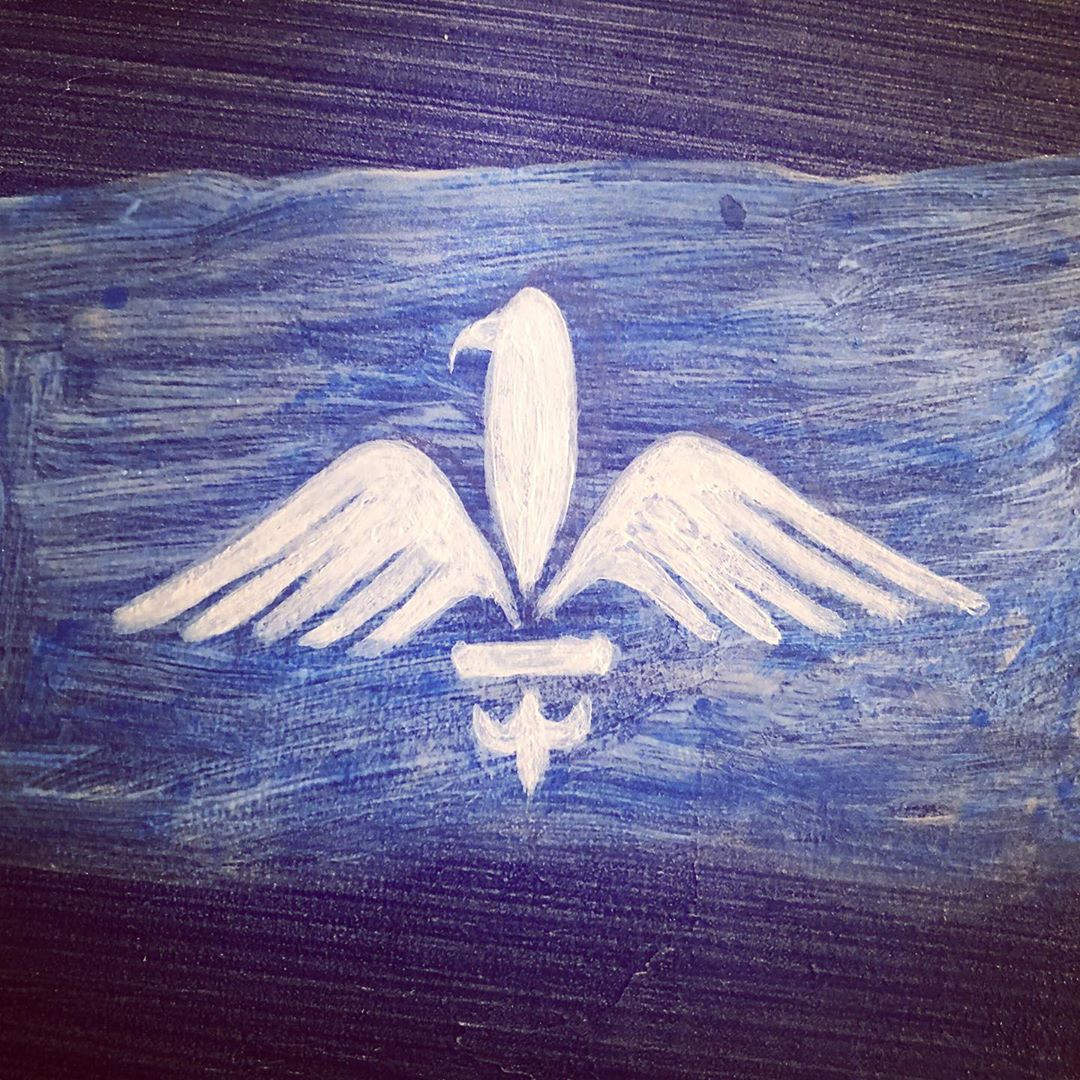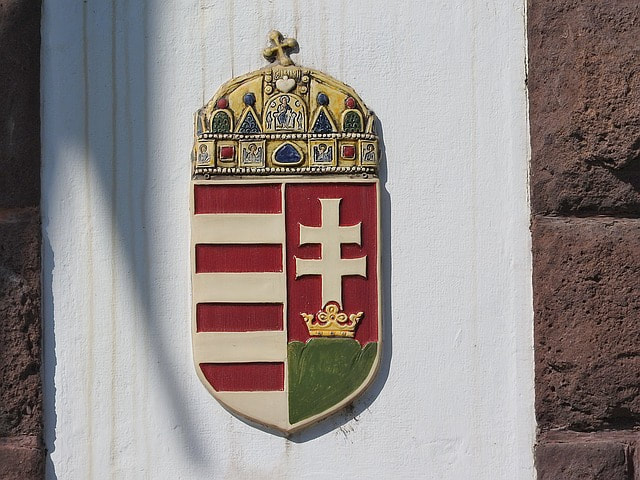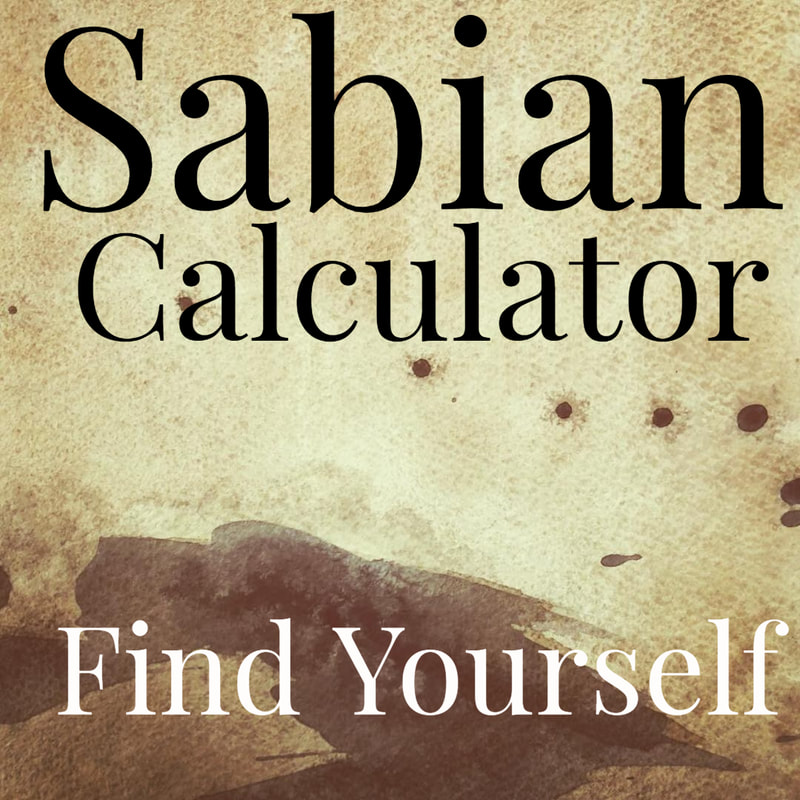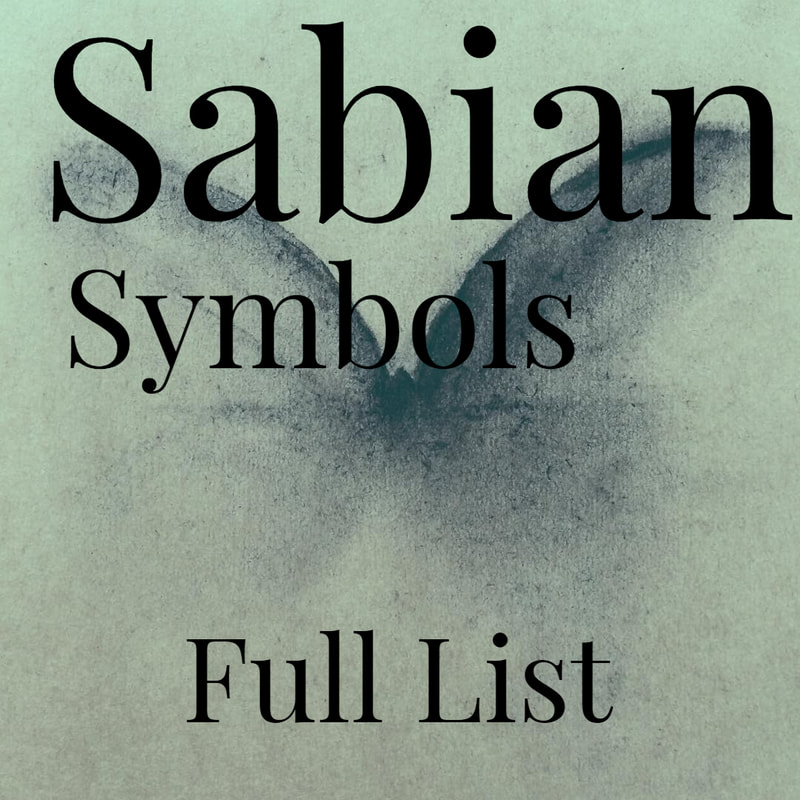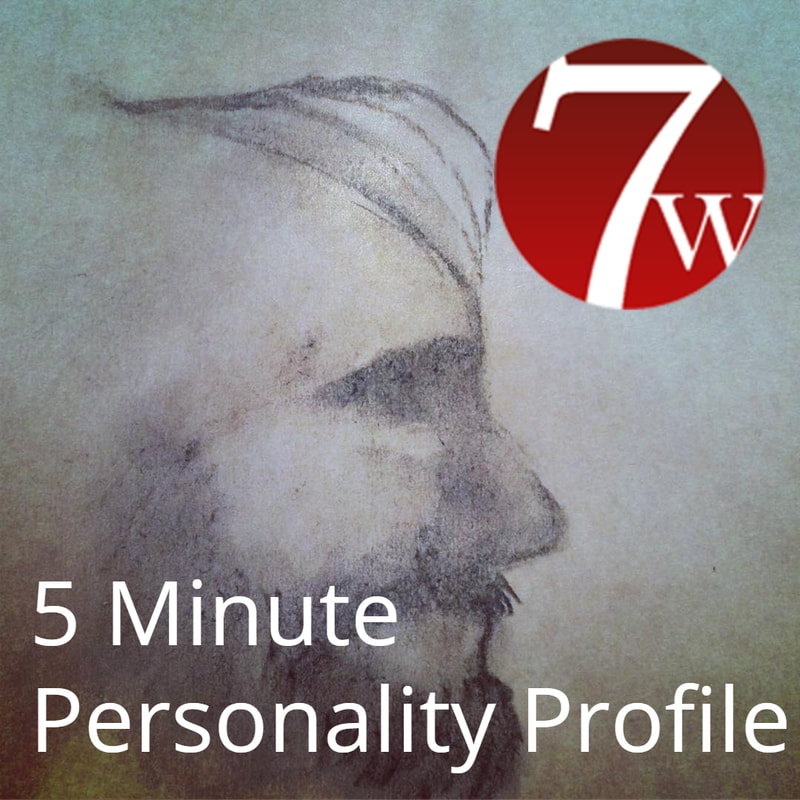Sabian Symbols: A royal coat of arms
|
This universal idea is best expressed through planets in
Virgo 22 (21° - 22°)RESPONSIBILITY OF HIGH OFFICE
For there to be a noble lineage, each generation must throw up exemplars of the dignity of the community's highest sense of itself "High-level responsibility" Aristocracy in the political sense is the worldly reflection of the condition of an elevated soul. Kings were once the genuine spiritual leaders of their countries, and even today royalty is accorded heightened respect partly because of the sense of nobility and spiritual integrity that they are thought to carry. As we progress spiritually we tend more and more to take on the burden of being an example to others to conduct themselves with such integrity. To do so requires that we consistently resonate at the aristocratic level of soul consciousnesses.
Rudhyar: A ROYAL COAT OF ARMS ENRICHED WITH PRECIOUS STONES |
|
|
|
A royal coat of arms enriched with precious stones
Prerogative |
With age, we gain greater inner authority; this speaks to us of the eternal aristocracy of self
In order to have a coat of arms, a family has to have impressive ancestry – and through this they assert authority and claim the prerogative of special importance. Right is being dramatised as a privilege worthy of sustainment, and is demonstrably sustained in this emblem of high aristocracy. So often, unfortunately, the position is abused for the subtle manipulation of the unwary or the disempowered. We see examples in history, and even today, wherever the power-possessors keep the people down by making claims of self-importance. And yet, for all its dangers and the questionable implication of inherent inequality between people through accident of birth, the establishment of royalty brings great dignity to the experience of life. This dignification process is enacted by and through the customs and laws by which the community conducts its affairs. The observance of these rules and values has to be enforced by an elite body whose committed function is social stewardship – and, in this example, that falls to those of a particular bloodline. Times and places change, and royalty is perhaps put aside in favour of presidency, yet the principle is eternal – someone needs to accept the burden of responsibility to maintain standards. It is inevitable that the elite group of stewards will have the duty and gift to bring together all in common purpose and united stability. This projects a future of betterment, a vision of hope and prosperity for all. In older, simpler communities, this function fell to the elders. They were custodians of the common-sense regulation of life, and were treated with great respect for their wisdom, their knowledge of old ways, their suffering and their achievements. This hints at a subtle mystery – that just by staying alive, each of us gains greater and greater authority. Our own station as elder, our own emblems of position, and our own inner sense of knowledge of past and future, speak to us of an eternal aristocracy of self. |
